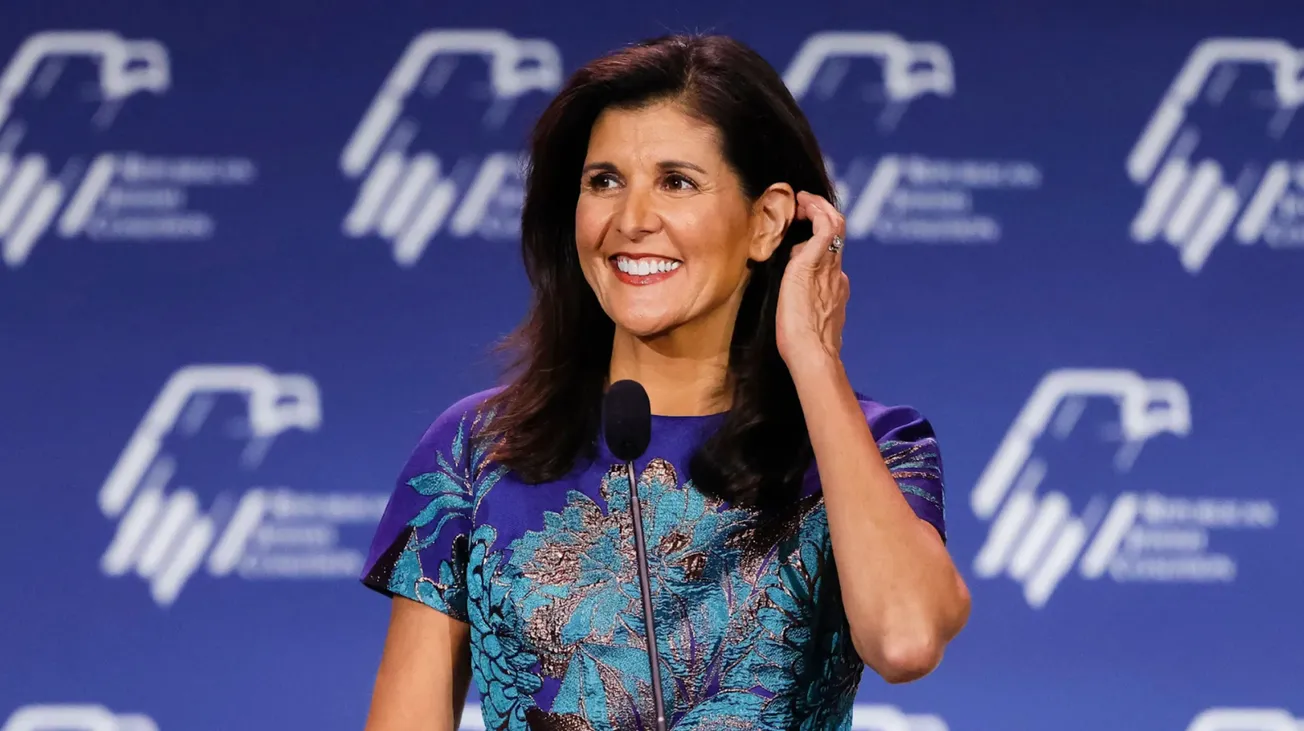Table of Contents
Last Tuesday, Governor Ron DeSantis of Florida made his long-awaited arrival into an increasingly crowded field jockeying for the 2024 Republican presidential nomination. Leading him in the polls by a good thirty points is former President Donald Trump, who embarked on his third consecutive campaign this past November.
Though DeSantis has faltered as of late, he is broadly presumed to be the only candidate who could dislodge the frontrunner’s grasp on the party, as no other Republican has yet cracked five percent support among primary voters. Consequently, a two-man-race narrative between Trump and DeSantis has taken hold—seven months before the first votes are cast.
It is true, the odds of an underdog beating out both political titans are undeniably slim. Nonetheless, presidential candidates with virtually no path to victory can still be tremendously influential through the juxtapositions they produce.
2020’s Democratic primary was chock full of losing prospects who used the primary stage to become party mainstays. Kamala Harris was only an inarticulate senator from California until she publicly accused the former vice president of endorsing segregationist policies. Today, she has taken his place as the second-highest office holder in America. Pete Buttigieg was the mayor of a mid-sized city in Indiana until he ran on his sexual orientation and best Obama impression. Inexplicably, he is now the U.S. Secretary of Transportation.
Elizabeth Warren and Bernie Sanders are thankfully right where they started in the Senate, yet both dramatically altered their party’s prevailing attitudes. Senator Warren’s penchant for using government power to pummel industries she finds distasteful has found a home in the Biden administration’s regulatory apparatus, while her trademark rage has become a contagion. Meanwhile, Senator Sanders has done more than anyone to fish the term “socialism” out from the trash bin and install a sense of entitlement as the defining progressive attribute.
The phenomenon of failed yet transformative presidential bids is not limited to Democrats. Similar to how Rick Santorum advanced social conservatism in 2012 and Ron Paul helped launch the Tea Party movement in 2008, unsuccessful Republican candidates in 2024 can mold their party in profound ways.
One prime example is Nikki Haley, the former South Carolina governor and U.N. ambassador, whose effort to make conservatism classy again stands out in an era of insult politics. After she had endorsed one of his opponents during the 2016 primary, then-candidate Trump proclaimed that “The people of South Carolina are embarrassed by Nikki Haley!” Her biting response? “Bless your heart.”
Another thing missing from our public discourse is nuance. Haley offered some in the aftermath of the January 6th riot, reminding her fellow Republicans not to be resoundingly anti- or pro-Donald Trump in every circumstance: “Most of Mr. Trump’s major policies were outstanding and made America stronger, safer and more prosperous. Many of his actions since the election were wrong and will be judged harshly by history. That’s not a contradiction. It’s common sense.”
Senator Tim Scott, another South Carolinian, entered the race last week armed with a regrettably atypical message: optimism. While Biden warns of “Jim Crow 2.0” and Trump evokes apocalyptic imagery of impending battle, the sole black member of the Senate GOP Conference champions the United States as a “land of opportunity.” His campaign slogan, “Faith in America,” reflects his own trajectory from poverty and a broken home to college, small business ownership, and ultimately Congress.
Scott directly contradicted Trump in asserting that “America is not a nation in decline,” even after two years under President Biden. Inflation may be much too high, and the border may be a catastrophe, but the United States remains the “freest, fairest land where you can go as high as our character, our grit and our talent will take us.” His cheerfulness could prove compelling for those forgotten conservatives who place gratitude over grievance.
In the coming days, former Vice President Mike Pence will announce a campaign of his own—previewed during his quasi-stump speech at Stanford last February. Pence’s virtue was exemplified by his conduct following the 2020 election, when he refused to indulge President Trump’s delusion that the Electoral College could be unilaterally overridden. Since leaving office, his honor and devotion to the Constitution has persisted. Speaking to the Federalist Society in 2022, Pence rightly maintained that “President Trump is wrong. I had no right to overturn the election.”
A consistent conservative, he is not willing to let his party abandon its less trendy principles. While Trump and DeSantis argue over who between them would ignore the national debt more doggedly, Pence calls for an unabashed embrace of entitlement reform: “If we don’t grab the problem with both hands, it’s going to bankrupt our country. The danger lies not in action, but in apathy.” A commitment to Ukraine’s defenses is another non-negotiable for him. “There can be no room in the leadership of the Republican Party for apologists for Putin,” he believes. “There can only be room for champions of freedom.”
For the time being, the presidential nomination is Donald Trump’s to lose—and Ron DeSantis may be the only person who can take it from him. Should alternative candidates ensure the former president’s ascension by splintering his opposition, a crowded field will go down as a grave mistake. If, however, the candidacies of Haley, Scott, and Pence add some much-needed diversity of style and substance to the GOP, their attempts shall not be in vain. A party that has not won the popular vote in twenty years would be wise to consider novel approaches, no matter the hopelessness of their torchbearers.








